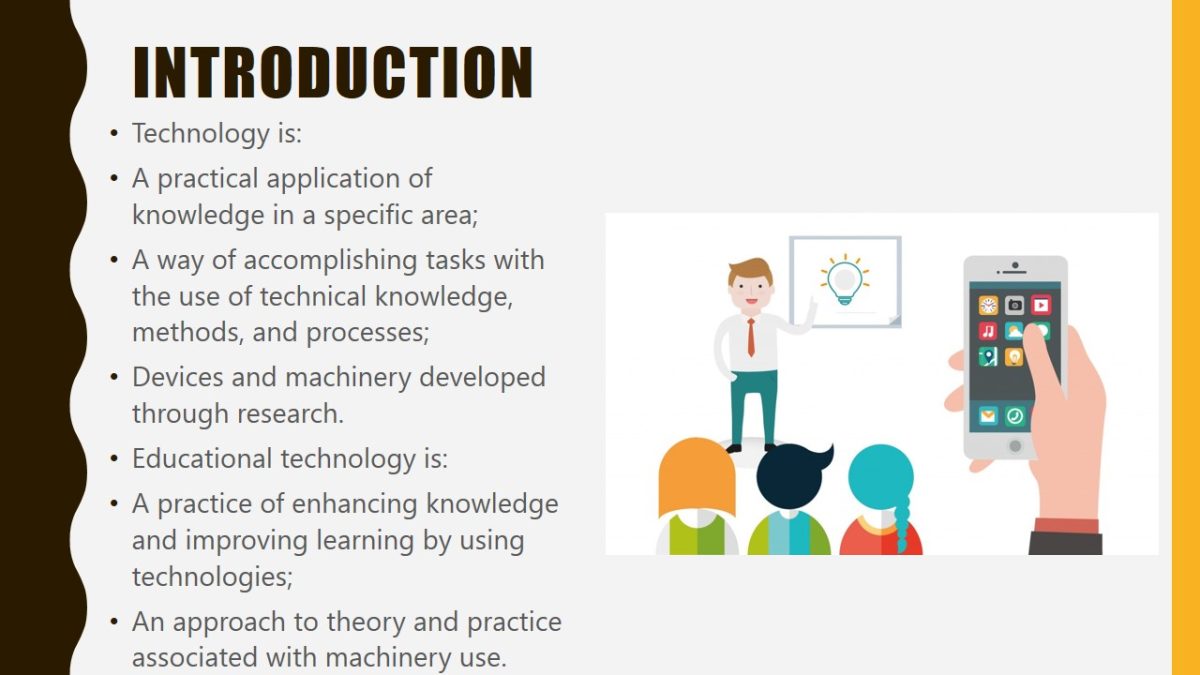Technical education plays a vital role in shaping the future of our society. It equips individuals with the necessary skills and knowledge to thrive in a rapidly evolving technological landscape. As the world becomes increasingly digital and automated, the demand for individuals with technical expertise continues to grow. In this article, I will explore the importance of technical education, its advantages over traditional education, its presence in schools and universities, the career opportunities it offers, the challenges in promoting it, and the initiatives being taken to foster its growth.
The Importance of Technical Education
Technical education is essential for several reasons. Firstly, it prepares individuals for the workforce by providing them with specialized skills that are in high demand. In a competitive job market, technical expertise sets individuals apart and increases their employability. Secondly, technical education fosters innovation and entrepreneurship. By equipping individuals with the necessary knowledge and skills, it empowers them to create and develop new technologies, products, and solutions. Lastly, technical education promotes economic growth by ensuring a skilled workforce that can drive technological advancements and contribute to the development of industries.
Advantages of Technical Education
Technical education offers numerous advantages over traditional education. One of the key advantages is its focus on practical skills. While traditional education emphasizes theoretical knowledge, technical education provides hands-on training, enabling individuals to apply what they learn in real-world scenarios. This practical experience enhances their problem-solving abilities and prepares them for the challenges of the industry. Additionally, technical education often has smaller class sizes, allowing for more personalized attention and mentorship, which aids in the individual’s overall learning experience. Furthermore, technical education is often more cost-effective than pursuing a traditional four-year college degree, making it accessible to a wider range of individuals.
Technical Education vs. Traditional Education
Technical education and traditional education differ in their approach and objectives. Traditional education focuses on a broad range of subjects and aims to provide a well-rounded education. On the other hand, technical education concentrates on a specific field or trade, providing individuals with specialized knowledge and skills. While traditional education is typically pursued in universities and colleges, technical education can be obtained through vocational schools, community colleges, or specialized training programs. Both forms of education have their merits, and the choice between them depends on an individual’s interests, career goals, and learning preferences.

Technical Education in Schools and Universities
Recognizing the importance of technical education, many schools and universities have incorporated technical programs into their curriculum. At the school level, subjects such as computer science, engineering, and robotics are being introduced to students from an early age. This exposure allows students to develop an interest in technical fields and gain a solid foundation for further studies. In universities, technical education is offered through specialized degree programs and courses. These programs provide students with in-depth knowledge and hands-on experience in their chosen field. By integrating technical education into the education system, institutions are preparing students for the future and equipping them with the skills needed to succeed in a technology-driven world.
Technical Education and Career Opportunities
Technical education opens doors to a wide range of career opportunities. With the rapid advancement of technology, there is a growing demand for professionals skilled in areas such as coding, data analysis, cybersecurity, and artificial intelligence. Industries such as healthcare, manufacturing, finance, and information technology offer a multitude of career paths for individuals with technical expertise. Moreover, technical education equips individuals with transferable skills such as problem-solving, critical thinking, and communication, which are highly valued across various industries. By pursuing technical education, individuals can embark on rewarding and lucrative careers in fields that are shaping the future.
Challenges in Promoting Technical Education
While the importance of technical education is widely recognized, there are challenges in promoting its growth. One major challenge is the perception that technical education is inferior to traditional education. This stigma needs to be overcome by highlighting the value and relevance of technical skills in today’s world. Another challenge is the lack of awareness among students and parents regarding the career opportunities and benefits associated with technical education. Efforts should be made to educate and inform individuals about the potential of technical careers and the pathways to pursue them. Additionally, there is a shortage of qualified instructors and resources to deliver quality technical education. To address this issue, investment in training programs and infrastructure is crucial.
Initiatives to Promote Technical Education
To encourage the growth of technical education, various initiatives are being undertaken. Governments, educational institutions, and industry leaders are collaborating to develop and implement programs that promote technical education. These initiatives include scholarships, grants, and apprenticeship programs that provide financial assistance and practical training opportunities to students. Furthermore, partnerships between schools, universities, and industry partners are being established to bridge the gap between academia and the industry. By working together, these stakeholders can ensure that technical education aligns with industry needs and prepares students for the job market.
Technical Education Programs and Courses
Technical education programs and courses are diverse and cater to a wide range of interests and career paths. Some popular technical programs include computer science, engineering, information technology, healthcare technology, and automotive technology. These programs provide a comprehensive understanding of the respective fields and equip individuals with the necessary skills to excel in their chosen area of expertise. Additionally, there are specialized technical courses that focus on specific skills such as coding, web development, digital marketing, and graphic design. These courses offer individuals the opportunity to upskill or acquire new skills to enhance their career prospects.
